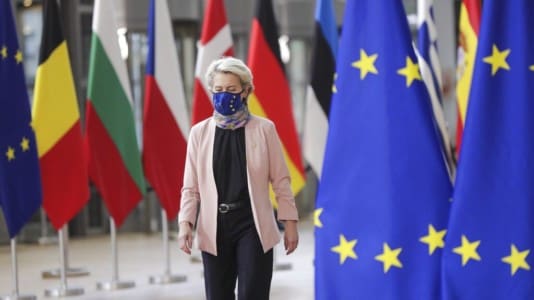The Hungarian government will freeze mortgage interest rates for six months in order to protect citizens from the effects of quickly rising inflation, Prime Minister Viktor Orbán announced on Wednesday.
Commenting on the decision, Orbán explained the measure will enter into force in early January, lasting until the end of the first half of the year, citing rising energy prices and inflation as reasons for the government intervention.
“The most important issue today is the rise in prices and inflation. The whole of Europe is suffering because of rising energy prices. Hungary is defending, protecting families. We will raise the minimum wage, pensions, maintain the policy of reducing overheads, and we will also introduce a fixed price for fuels,” he added.
This is the second direct measure to protect consumers from the effects of inflation in as many months, following the government’s decision in November to cap fuel prices at 480 forints per liter (€1.3) for three months.
This is also not the first time the government has directly aided debtors. One such step was the introduction of a repayment holiday on private loans, which was necessitated by the economic crisis caused by the coronavirus pandemic. A total of 1.6 million customers opted for the retail moratorium in the first round.
This ratio represented about 60 percent of debtors, which affected 53 percent of the total retail loan portfolio, i.e. nearly 3,500 billion forints. The repayment holiday also helped businesses, with sixty thousand companies taking advantage of the deferral. One third of these were in the most vulnerable sectors, such as tourism, transport and services.
In addition to the higher debt of the companies, declining sales also caused financial difficulties, resulting in a loss of more than ten percent of expected sales revenue. Thanks to the moratorium, which is still in force for those in need, last year a total of 2 trillion forints remained in the pockets of retail and corporate customers, with the conversion of foreign currency loans into forint loans also helping many.





